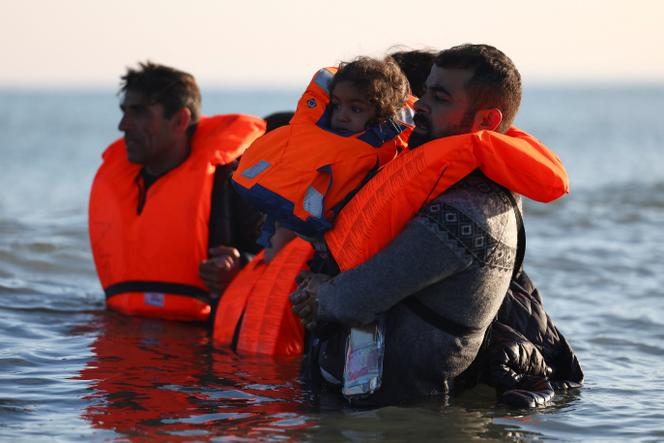


Was it legal for France and the United Kingdom to agree on a migrant exchange at their shared border without parliamentary approval? That is the question the Council of State, France's highest administrative court, must answer after being petitioned on Friday, October 10, with an emergency request to suspend the agreement implemented in September.
The legal action filed by 16 charities and NGOs – including Caritas France, Utopia 56, and Doctors of the World – seeks to suspend the bilateral agreement signed in July between London and Paris. Referred to as "one in, one out," the deal allows London to send migrants who have arrived on British territory after crossing the English Channel in rubber dinghies back to France. In return, and on a reciprocal basis, London agreed to accept migrants in transit in France onto its territory.
The stated goal of both countries is to deter people from attempting the Channel crossing, as nearly 187,000 have succeeded since the so-called small boats phenomenon began in late 2018, including more than 35,000 since January 2025.
The agreement marked the first time France accepted the principle of taking back individuals turned away from the UK. Before Bruno Retailleau's departure as France's interior minister last Sunday, his team acknowledged that implementation of the agreement remained "in its infancy." Fewer than 20 people have been exchanged under this arrangement.
You have 56.88% of this article left to read. The rest is for subscribers only.
